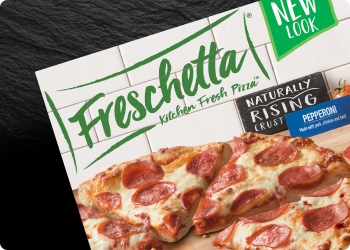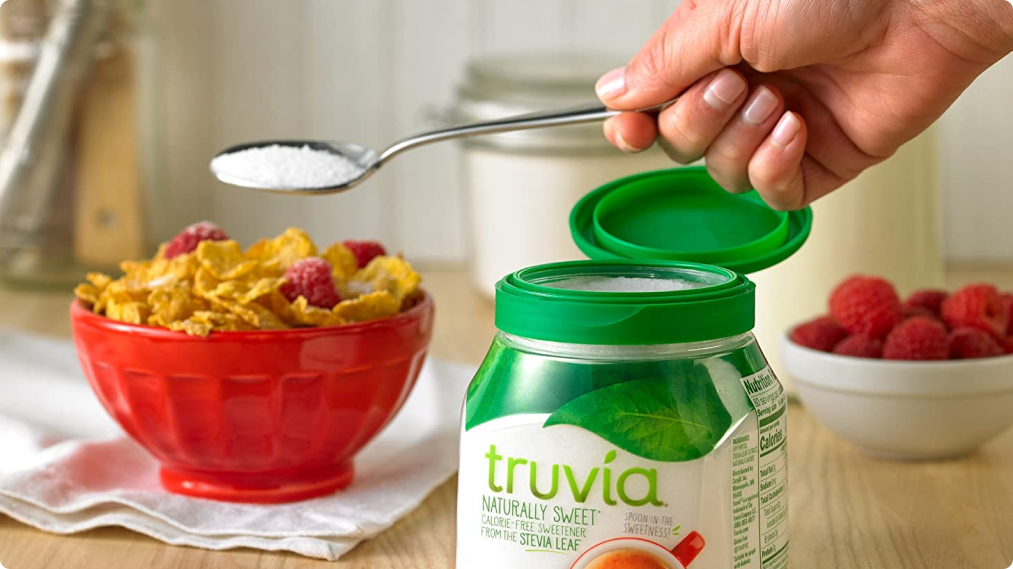With strikes and a ‘sick out,’ some grocery and delivery workers take defiant stance: One-time bonuses, temporary pay hikes aren’t enough. In recent weeks, many workers are on the rise between grocery and their employers, spurring many to take public action. Employees at Amazon-owned Whole Foods plan a “sick out” Tuesday, while some drivers who deliver Whole Foods are calling for more protections. Thousands of people have signed an online petition circulated by Trader Joe’s employees.
“If you’re looking at a bonus like Walmart offered at $300, is that worth somebody’s life?”
On Monday, some Instacart workers held a quality strike. And a major grocery union, United Food and Commercial Workers Union, is advocating for workers to have access to coronavirus testing and protective gear. While some of these labor actions failed to draw large-scale support, workers on the front lines of the grocery business still expressed concerns in interviews with CNBC. They said they continue to feel underpaid and ill-equipped to confront the dangers they face.
 Although nearly three-fourths of the U.S. is under some sort of lockdown order, grocery employees are among the essential workers who are leaving their homes each day to stock shelves with products, staff cash registers at stores or pick up orders at warehouses and deliver them to shoppers’ doorsteps. They have joined police officers, paramedics, nurses and doctors on the front lines of the pandemic.
Although nearly three-fourths of the U.S. is under some sort of lockdown order, grocery employees are among the essential workers who are leaving their homes each day to stock shelves with products, staff cash registers at stores or pick up orders at warehouses and deliver them to shoppers’ doorsteps. They have joined police officers, paramedics, nurses and doctors on the front lines of the pandemic.
Unlike other first responders, though, they lack many key benefits. They are often low-wage workers, with little or no protective gear, and, in some cases, no health insurance or paid time off. And their employers have less experience handling health-care crises. Marc Perrone, president of United Food and Commercial Workers Union, acknowledges grocery chains like Ahold Delhaize’s Stop & Shop have raised wages and retailers like Walmart have offered special bonuses. But, he said he doesn’t think these measures go far enough as grocers have seen a huge surge in sales, while hourly workers, by going to work each day, potentially exposing themselves to a virus that can be deadly.
“If you’re looking at a bonus like Walmart offered at $300, is that worth somebody’s life?” he said. Nearly every week, grocers large and small have announced new protocols intended to keep customers and employees safe as the number of coronavirus cases climbs. They’ve adopted a growing list of strategies: Reduced store hours to allow for more cleaning, special hours for seniors and vulnerable customers, extra hand sanitizer and handwashing, plexiglass screens between customers and cashiers and floor decals to remind customers to stay six feet apart.

Some have announced temporary pay increases and benefits for employees. Whole Foods raised pay by $2 per hour for hourly employees and Amazon raised pay by $2 per hour for warehouse and delivery workers in the U.S. through April. Instacart added a bonus for contractors who gather customer orders and adjusted its default tip setting in its app in an attempt to boost their pay.

